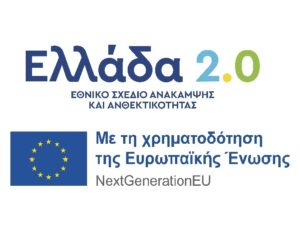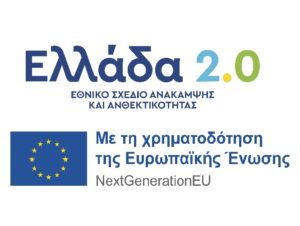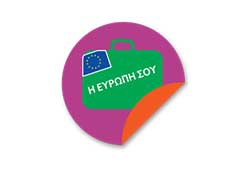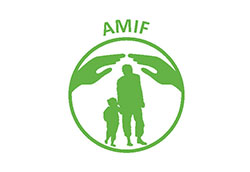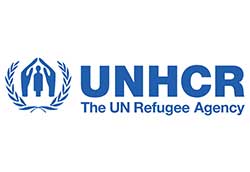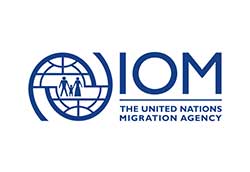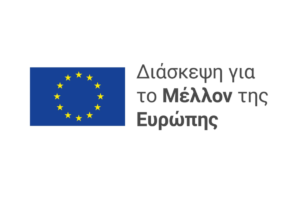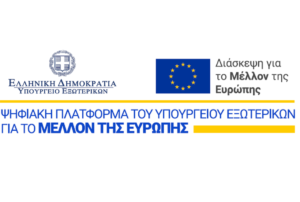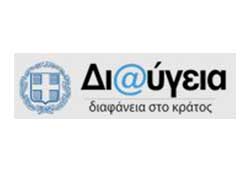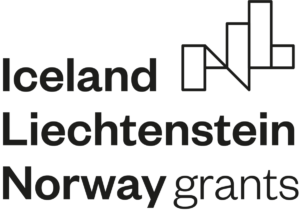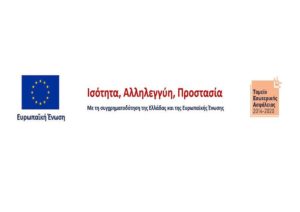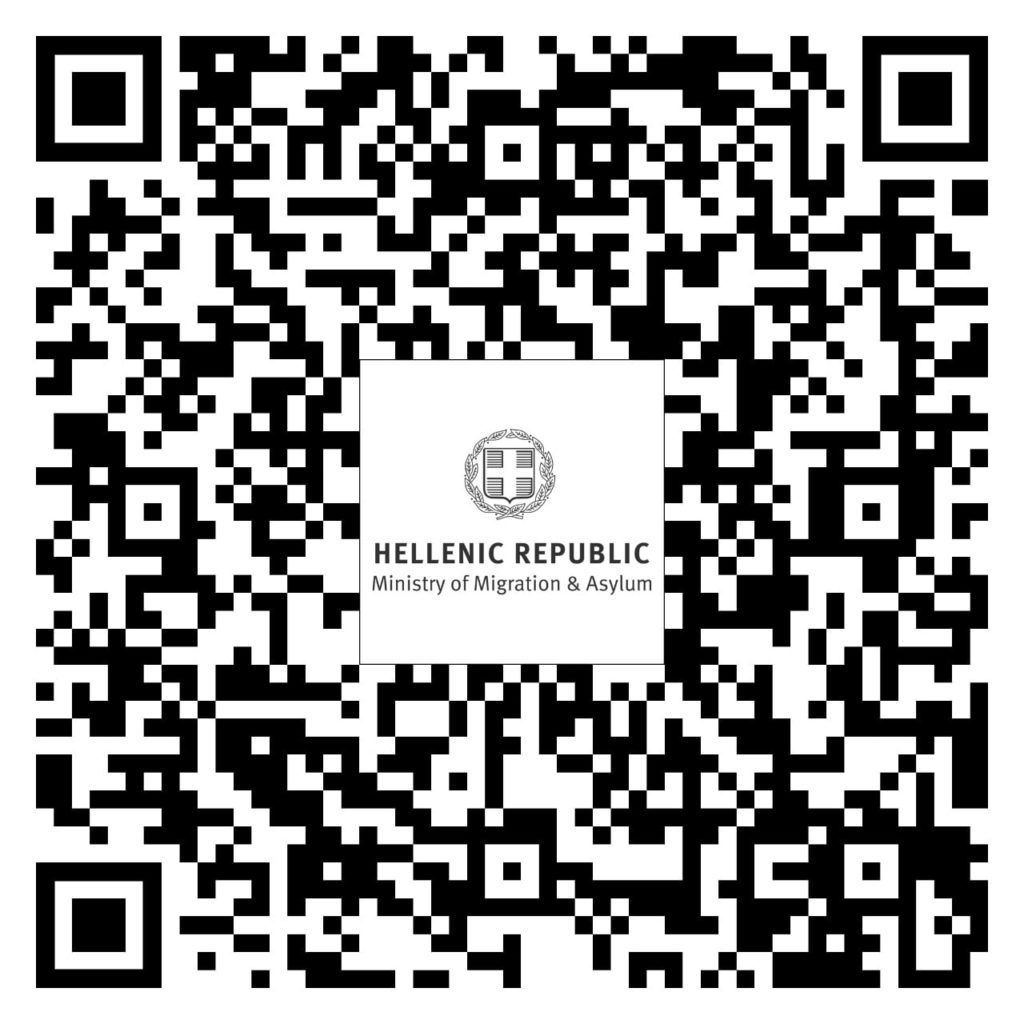Dublin ΙΙΙ Regulation
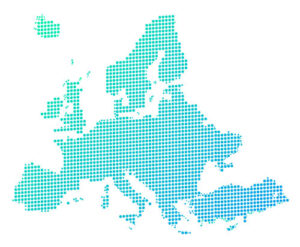

The objective of the Dublin III Regulation is to ensure quick access to the asylum procedures and the examination of an application on the merits by a single, clearly determined Member-State of Europe. The Regulation establishes the Member-State responsible for the examination of the asylum application.
The criteria for establishing responsibility are, in hierarchical order:
- family considerations,
- recent possession of visa or residence permit in a Member-State, and
- whether the applicant has entered EU irregularly, or regularly.
- What is the Dublin III Regulation
- The “Dublin III” Regulation determines which Member-State is responsible to examine your application for international protection.
- When you submit an application for international protection, you and your family members above 14 will be fingerprinted. The fingerprints will be entered to EURODAC, the central European Automatic Fingerprint Identification System, which enables the effective application of the “Dublin III” Regulation.
- Τhe Dublin System is currently operated by twenty seven (27) EU States (Austria, Belgium, Bulgaria, Croatia, Cyprus, the Czech Republic, Denmark, Estonia, Finland, France, Germany, Greece, Hungary, Ireland, Italy, Latvia, Lithuania, Luxemburg, Malta, the Netherlands, Poland, Portugal, Romania, Slovakia, Slovenia, Spain, Sweden) and four other participating countries ( Norway, Iceland, Switzerland and Liechtenstein).
- The United Kingdom after BREXIT is only bound to reply to Take Charge Requests, submitted until 31/12/2020. It is not possible to send new Take Charge Requests to the United Kingdom.
- Family Members in another Member-State- Dependency and Humanitarian Reasons
- If you are an unaccompanied minor and a member of your family (parent, sibling, aunt/uncle, grandfather/grandmother) is legally present in another Member-State, then that Member-State is responsible for examining your application provided this is in your best interest. Your best interest is assessed according to the forms provided in the end of the page and are to be completed by your representative.
- If you are an unaccompanied minor and in absence of a family member in another Member State, your application shall be examined by Greece.
- If you are an adult and have a family member - regardless of whether the family was formed in your country of origin - residing in one of the above Member-State as a beneficiary of international protection, that Member-State will be responsible for examining your application for international protection, provided that the persons concerned express their desire in writing.
- If you are an adult and have a family member in another Member-State as an applicant of international protection, and provided the family was formed in your country of origin, then that Member-State shall be responsible for examining your application for international protection, provided that the persons concerned expressed their desire in writing.
"Family members" are defined as follows:
- The spouse or the unmarried life partner in a stable relationship, provided the law or practice of the Member-State concerned, treats unmarried couples in a way comparable to married couples under its law relating to third-country nationals,
- Your minor children, provided they are unmarried, regardless of whether they were born in or out of the wedlock or adopted, as defined under national laws.
- If you are an adult and due to pregnancy or a new-born child or serious illness or severe disability or senior age, you are dependent on the assistance of your daughter/son, sibling, or parent who legally reside in one of the Member-States, then you may be reunited with that person provided the following conditions exist: the family ties existed in the country of origin, the dependent person will receive the appropriate care and all the persons concerned express their desire in writing. The same applies in the opposite case, when your child or sibling or parent who legally reside in another Member-State is dependent on your assistance.
- Greece, may, at anytime before a first instance decision regarding the substance is taken, to request from another Member-State to reunite you with a person you have family relations with, on humanitarian grounds, based in particular on family or cultural considerations, provided the persons concerned expressed their desire in writing.
-
Residence Permits-Visa- Illegal Entry
Prior residence in another Member-State
Previous International Protection Application
- If you are in possession a residence document (valid or which has expired less than 2 years previously), the Member State which issued the document shall be responsible for examining your application for international protection.
- If you are in possession of a visa (valid or which has expired less than 6 months previously), the Member State which issued the visa shall be responsible for examining your application for international protection.
- If you are in possession of more than one residence document or visa issued by different Member States, the responsible Member State for examining your application for international protection shall be assumed based on the longest period of validity and the latest expiry date of the residence permits or visas.
- If, before entering Greece, you have illegally entered another Member-State (and in the meantime you have not abandoned the territory of Member-States), then the Member-State you entered shall be responsible for examining your application for international protection. That responsibility shall cease twelve (12) months after the date of the illegal entry.
- If you have been living for a continuous period of at least five months in a Member State before lodging your application for international protection in Greece, that Member State shall be responsible for examining your application for international protection.
- If you have entered into the territory of a Member State in which the need for you to have a visa is waived, that Member State shall be responsible for examining your application for international protection.
- If you have made your application for international protection in the international transit area of an airport of a Member State, that Member State shall be responsible for examining your application
- If you have previously lodged an application for international protection in another Member State, then that Member State shall be responsible for examining your application, provided that, you have not left the territory of the member states for at least 3 months or you have not left the territory of the Member States in compliance with a return decision or removal order issued following the withdrawal or rejection of the application.
Attention
If none of the above criteria apply to your case, then the Member-State responsible for examining your application is Greece.
-
When another Member-State of Dublin III is responsible
for examining your application
- If, based on the aforementioned criteria, another Member-State is responsible for examining your application for international protection and accepts to examine it, then your application in Greece will be rejected as inadmissible and you will be transferred to that Member-State at the latest within six (6) months from the acceptance by the other Member-State.
- You have the right to an effective remedy, in the form of an appeal or a review, in fact and in law, against a transfer decision, before a court or tribunal. You must submit your appeal to the Regional Asylum Office or Asylum Unit which issued the decision, within the deadline stated in the decision you have received.
- Important Information
In order for the above criteria to be effectively applied, when you submit your application for international protection, you must inform the Asylum Service regarding the following:
1) if you have a visa issued from another Member-State
2) if you have a residence permit issued from another Member-State
3) if you have illegally entered Greece through another Member-State
4) if you have been living illegally in another Member-State before coming to Greece, and for how long,
5) if you have any family members residing in another Member-State, and if so, what is their residence status there
You have to provide all the required information and submit any evidence you may have in your possession (e.g., applicant’s card, residence permits- yours and those of your family members- documents regarding your family situation or other certificates, visas, documents that certify your presence in another Member-States– such as travel tickets, hotel receipts, rental contracts, etc.).
- Contact with National Dublin Unit
- For further information please contact National Dublin Unit
- You can call us daily : (0030) 213-1629157 (Hours of Contact: 10.00 am - 12 pm). Communication is in Greek or English and you will be asked to provide us with your asylum case number.
- Alternatively, you can contact us via e-mail at: as.dpt.ndu@migration.gov.gr.Your message must be either in Greek or English and your case number must be included in the subject area. You also have to attach a photo of your applicant’s card.
- Best Interests Assessment for Dublin cases of Unaccompanied Minors (UAM)
A new tool to serve the needs of family reunification applications of unaccompanied minors
The National Dublin Unit of the Asylum Service developed a new tool for the Best Interest Assessment (BIA) of UAM’s aiming to facilitate the family reunification requests under the Dublin Regulation (EU) 604/2013.
The purpose of this tool is to gather all necessary information required by Member-States when assessing family reunification cases of UAM’s.
UNHCR, UNICEF and EASO contributed to the development of this tool, while the National Dublin Unit took into consideration other existing tools and reports used by various NGOs.
See below to download the Dublin Unit BIA Form and Checklist in word and pdf format, as well as guidelines. For further information please contact Dublin Unit at: as.dpt.ndu@migration.gov.gr.
BIA/Best Interest Assessment Forms for Minors
Best Interest Assessment Checklist for Dublin Procedures (Word)
Best Interest Assessment Checklist for Dublin Procedures (Pdf)
Best Interests Assessment Form (Word)
Best Interests Assessment Form (Pdf)
Οδηγίες για τη συμπλήρωση του Best Interests Assessment Form
National Dublin Unit
- 196-198 Thivon Avenue, 2nd Floor, Ag. Ioannis Rentis, 18233, Keranis Building
- (0030) 213-1629157 (10:00a.m. - 12:00p.m.)
- as.dpt.ndu@migration.gov.gr.
